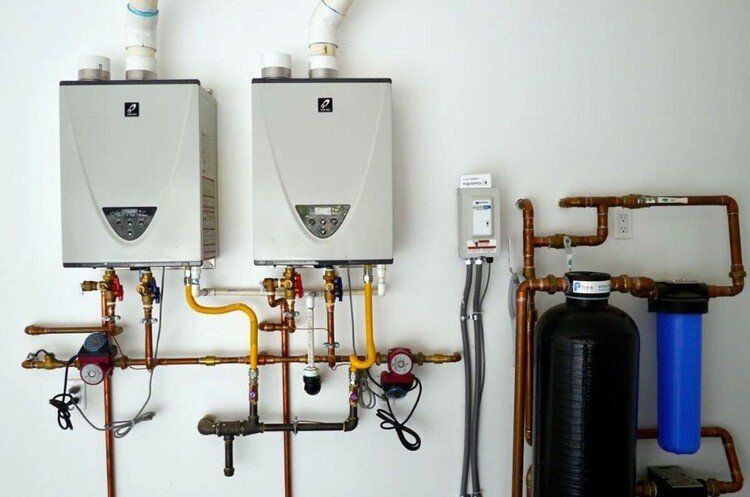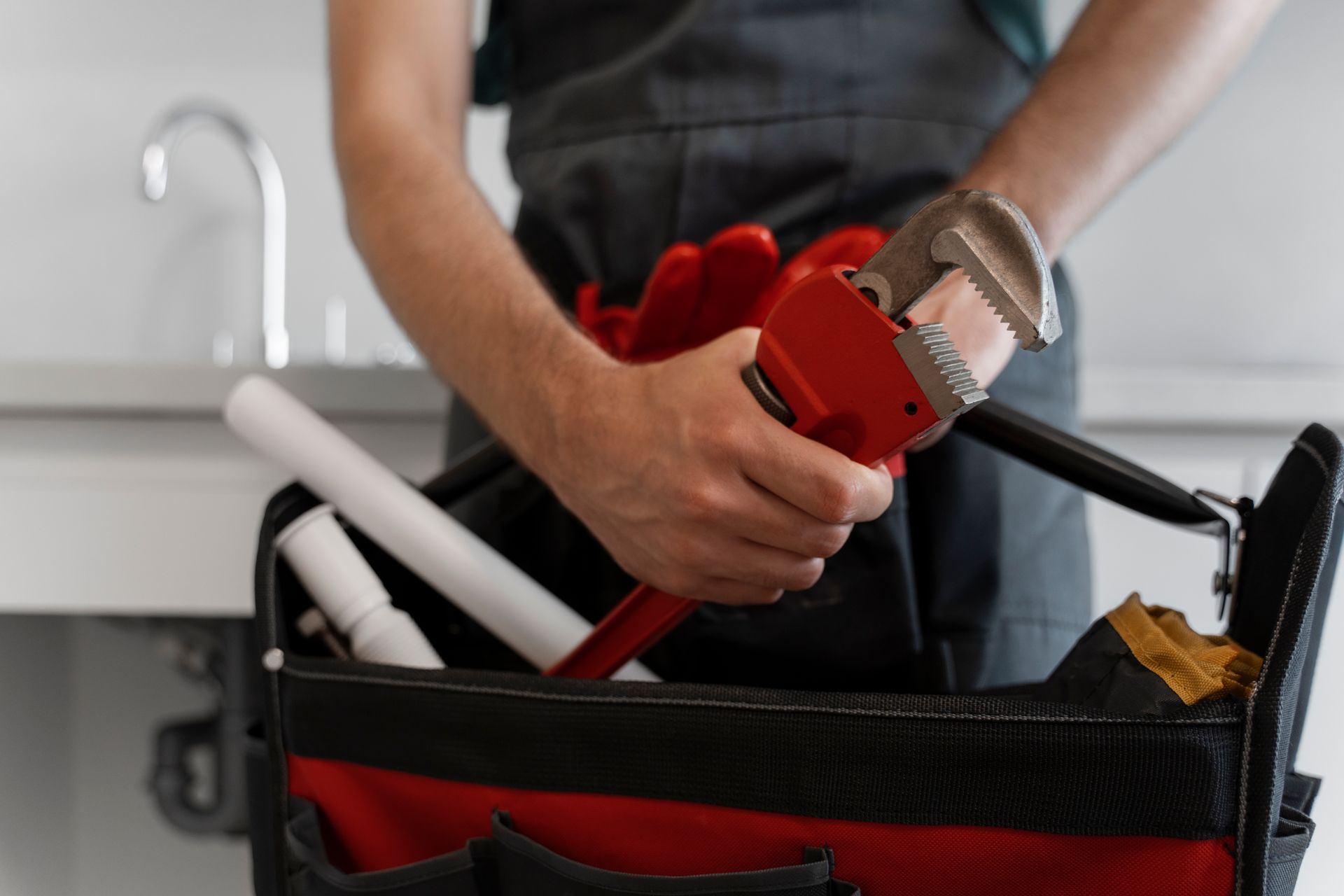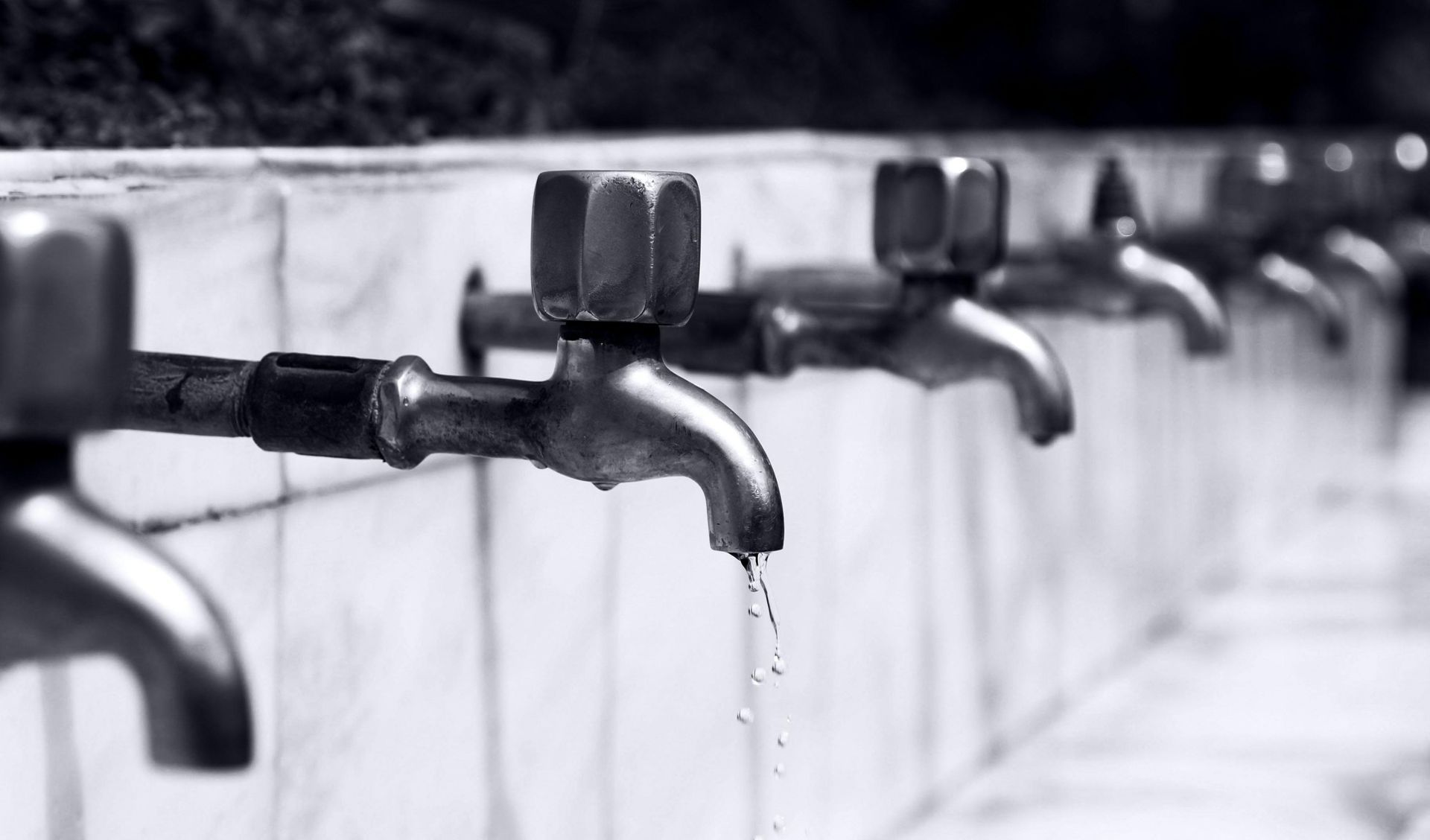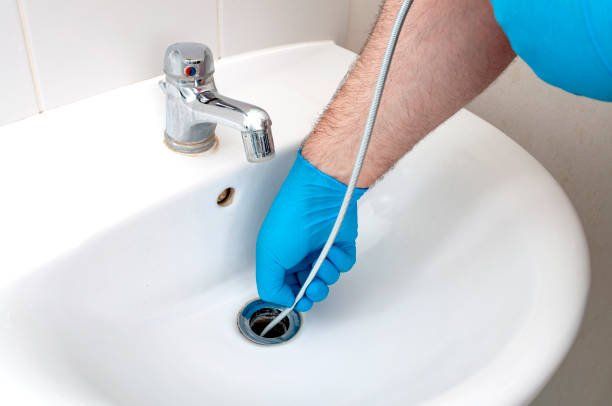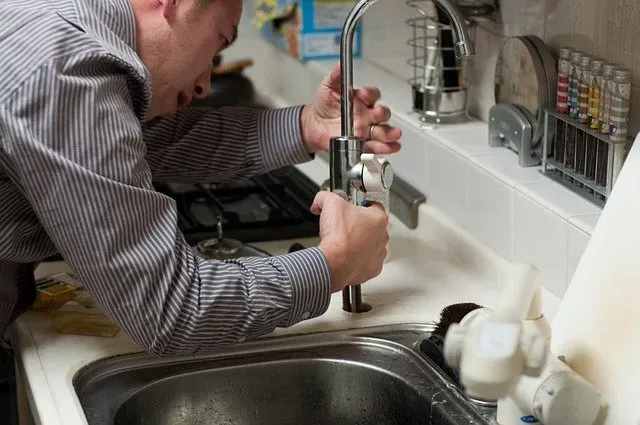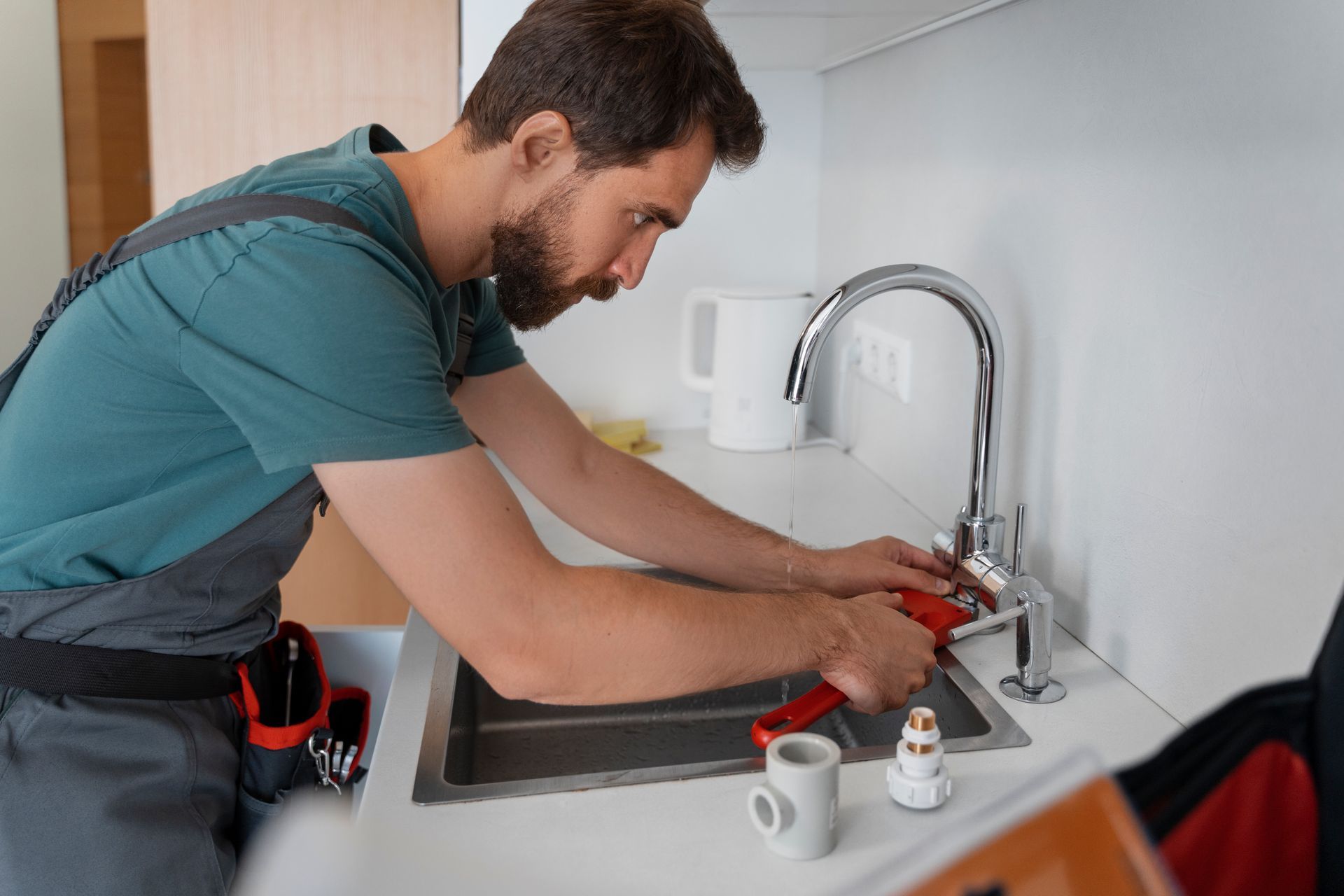Understanding Septic Systems vs. Sewer Systems
When it comes to managing waste in your home, two main systems are typically used: septic systems and sewer systems. Understanding the differences between these two can help you make informed decisions about your home’s wastewater management. This guide will dive deep into the workings, pros, cons, costs, and maintenance needs of septic and sewer systems, providing you with all the information you need.
What Are Septic Systems?
A septic system is a private, on-site waste management system commonly used in rural areas or properties not connected to a municipal sewer system. It consists of a septic tank and a drain field (also known as a leach field), where wastewater is treated and released into the ground.
Key Components of a Septic System:
- Septic Tank: The septic tank collects and separates solid waste from liquid waste. Bacteria inside the tank help break down the solids.
- Drain Field: The drain field allows the liquid waste (effluent) to filter through the soil, where it is naturally treated by bacteria and other microorganisms.
How Do Sewer Systems Work?
Sewer systems are publicly managed networks of pipes that transport wastewater from homes to a central treatment facility. These systems are common in urban and suburban areas where the infrastructure is in place to handle large volumes of waste.
Key Components of a Sewer System:
- Sewer Pipes: Underground pipes connect homes and businesses to the main sewer line.
- Wastewater Treatment Plant:The wastewater is treated at a central facility to remove contaminants before being released back into the environment.
Septic Systems vs. Sewer Systems: Costs Comparison
When deciding between a septic system and a sewer system, cost is a significant factor. Here’s a breakdown of the initial costs and ongoing expenses associated with each:
Initial Costs:
- Septic System: Installing a septic system typically costs between $3,000 and $7,000, depending on the size and complexity of the system.
- Sewer System Connection: Hooking up to a municipal sewer system can range from $500 to $5,000, depending on the proximity to the sewer line and local fees.
Ongoing Costs:
- Septic System Maintenance: Regular maintenance, such as pumping the septic tank every 3-5 years, costs between $200 and $600 per service.
- Sewer System Fees: Monthly sewer fees range from $25 to $75, depending on your location and water usage.
Pros and Cons of Septic Systems
Pros:
- Independence: Septic systems provide independence from municipal services, making them ideal for rural areas.
- Lower Monthly Costs: Once installed, septic systems often have lower ongoing costs compared to sewer systems.
Cons:
- Maintenance Responsibility: Homeowners are responsible for the maintenance and repair of their septic systems.
- Space Requirement: Septic systems require adequate land for the drain field, making them less suitable for small lots.
Pros and Cons of Sewer Systems
Pros:
- Convenience: Sewer systems require minimal maintenance from homeowners, as the municipality manages repairs and treatment.
- No Land Requirement: Unlike septic systems, sewer systems do not require additional land, making them ideal for urban settings.
Cons:
- Monthly Fees: Homeowners must pay monthly fees for sewer services, which can add up over time.
- Connection Costs: Connecting to a sewer system can be expensive, especially if the property is far from the main sewer line.
Environmental Impact: Septic Systems vs. Sewer Systems
Septic Systems:
- Septic systems rely on natural filtration through the soil to treat wastewater. If properly maintained, they can be environmentally friendly. However, if neglected, they can cause groundwater contamination.
Sewer Systems:
- Sewer systems transport wastewater to centralized treatment plants, which are highly regulated to minimize environmental impact. However, the infrastructure required for sewer systems can lead to environmental disturbances during construction.
Maintenance Tips for Septic and Sewer Systems
Septic System Maintenance:
- Regular Pumping: Pump your septic tank every 3-5 years to prevent buildup and ensure proper functioning.
- Watch What You Flush: Avoid flushing non-biodegradable items, chemicals, and grease, which can clog the system.
Sewer System Maintenance:
- Prevent Clogs: Dispose of grease, food scraps, and hygiene products properly to avoid clogs in your sewer line.
- Inspect Regularly: Have your sewer line inspected every few years to catch potential problems early.
Conclusion: Which System Is Best for Your Home?
Choosing between a septic system and a sewer system depends on several factors, including your location, budget, and personal preferences. Rural homeowners may find a septic system more practical, while those in urban areas will likely rely on sewer systems. Understanding the costs, maintenance needs, and environmental impacts of each can help you make the best decision for your home.
FAQs About Septic and Sewer Systems
1. Can a septic system fail?
- Yes, septic systems can fail if not properly maintained, leading to costly repairs and environmental damage.
2. How often should a septic tank be pumped?
- It’s recommended to pump a septic tank every 3-5 years, depending on usage.
3. What are the signs of a failing sewer system?
- Common signs include slow drains, unpleasant odors, and sewage backups.
4. Can you switch from a septic system to a sewer system?
- Yes, but it can be costly and may require significant changes to your property.
5. How can I reduce sewer fees?
- Reducing water usage can help lower your monthly sewer fees.


